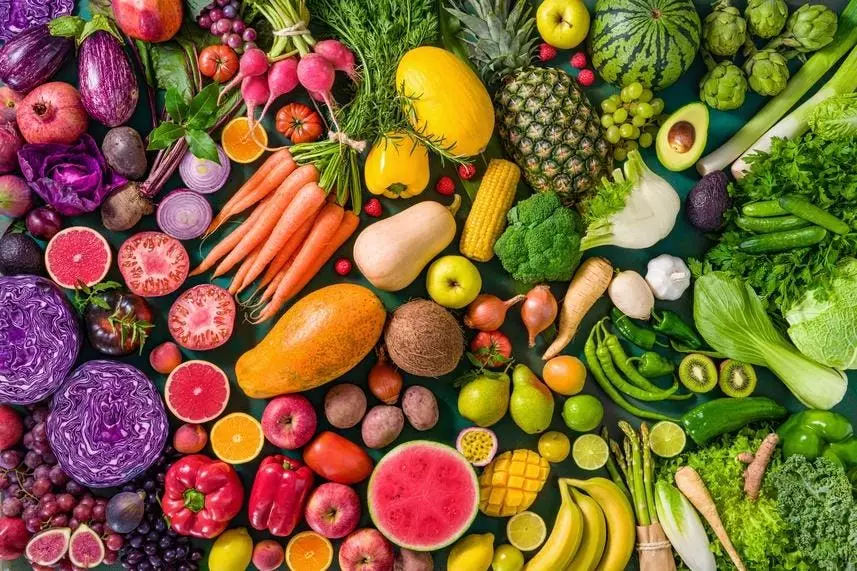In today’s health-conscious society, the importance of incorporating fresh fruits and vegetables into our daily diets cannot be overstated. These nutrient-dense foods provide essential vitamins, minerals, antioxidants, and dietary fiber crucial for maintaining overall well-being. As consumers in developed nations demand fresh produce year-round, technological advancements have made it possible to access a variety of fruits and vegetables with ease. Innovations such as refrigeration, controlled atmosphere storage, and efficient transportation have transformed how we obtain our food. This progression does not stop at accessibility; it extends into the realm of convenience, exemplified by the rise of pre-packaged salad kits, pre-cut vegetables, and other user-friendly options.
Among the recent developments in the agricultural sector is the introduction of Duckweed—a groundbreaking crop that could redefine the way we perceive plant-based nutrition. Known scientifically as Wolffia, Duckweed is the tiniest flowering plant, appearing as small green spheres just one millimeter in diameter. A company called GreenOnyx, based in Israel, has harnessed the potential of this aquatic plant through a modern vertical farming system. Marketed under the brand name Wanna Greens, Duckweed offers impressive nutrition, including valuable protein, dietary fiber, antioxidants, vitamin B-12, and beta-carotene.
Notably, these nutrients typically come from animal sources, making Duckweed an appealing option for those following plant-based diets. Nutritional expert Dr. Lauren Kaufman has analyzed Wanna Greens and endorsed its health benefits, emphasizing its role as a “gateway vegetable” for introducing children to healthy eating habits. Its mild flavor allows for seamless integration into various dishes, enabling parents to incorporate plant-based nutrients into their children’s meals without resistance.
While the nutritional advantages of fresh produce are clear, getting individuals to engage with their food source has proven more challenging, particularly in urban settings where space and time are limited. Many people feel daunted by traditional gardening techniques, often citing a lack of confidence in their abilities or the space required for such endeavors. Recognizing this challenge, Lettuce Grow—co-founded by Jacob Pechenik—has emerged as an innovative solution aimed at democratizing the gardening experience.
Lettuce Grow’s offerings include compact growing systems, designed for both indoor and outdoor use, making it easy for anyone to cultivate their own fresh vegetables. The new indoor growing system, available in select Costco locations, features small counter-friendly vases and energy-efficient grow lights. This setup allows consumers to buy seedlings—ranging from popular choices like butter lettuce and kale to fresh herbs such as basil and parsley—that are ready to grow, alleviating the apprehension often associated with starting a garden from scratch.
Both Duckweed and Lettuce Grow represent not just innovations in food sourcing but also significant strides toward reducing food waste at home. As concerns around food waste mount globally—with approximately one-third of all food produced going uneaten—these solutions offer practical paths to minimize kitchen waste. With convenient options available at home, consumers can take control of their food production, fostering a sustainable practice of growing, consuming, and utilizing fresh food while enjoying the satisfaction of maintaining their own source of nutrition.
These innovations may not solve the global food crisis, but they represent steps toward improving dietary health by promoting resilience, sustainability, and personal engagement with one’s food choices. By making fresh produce accessible and enjoyable, these products are poised to reshape consumer behaviors surrounding nutrition and sustainability.
As grocery store shelves brim with processed and unhealthy options, the push for fresh, homegrown produce through innovative technologies has never been more critical. The case of Duckweed and the rise of micro-gardening with Lettuce Grow highlight the intersection of technology, nutrition, and consumer convenience. They offer promise not just for individuals seeking a healthy lifestyle, but also for a society striving to better understand and foster its relationship with food. The future of nutrition looks bright, as these developments align personal health goals with broader sustainability initiatives.

